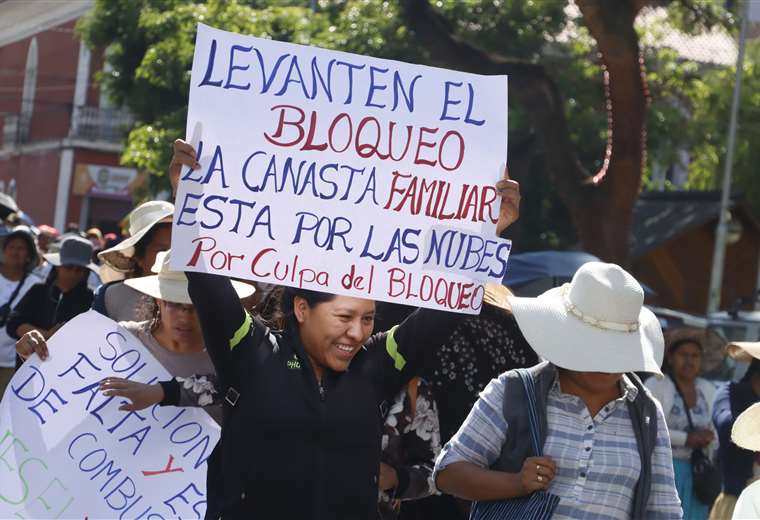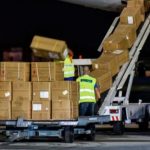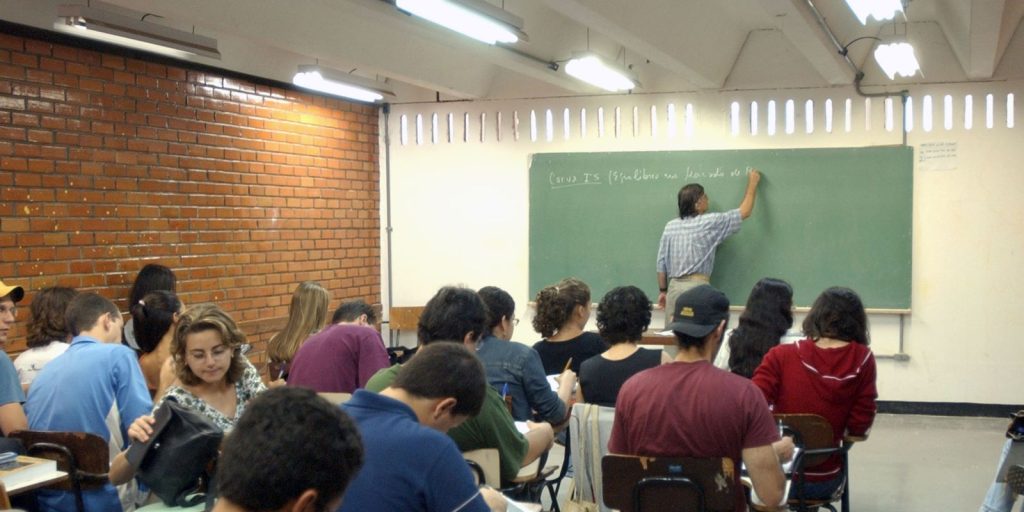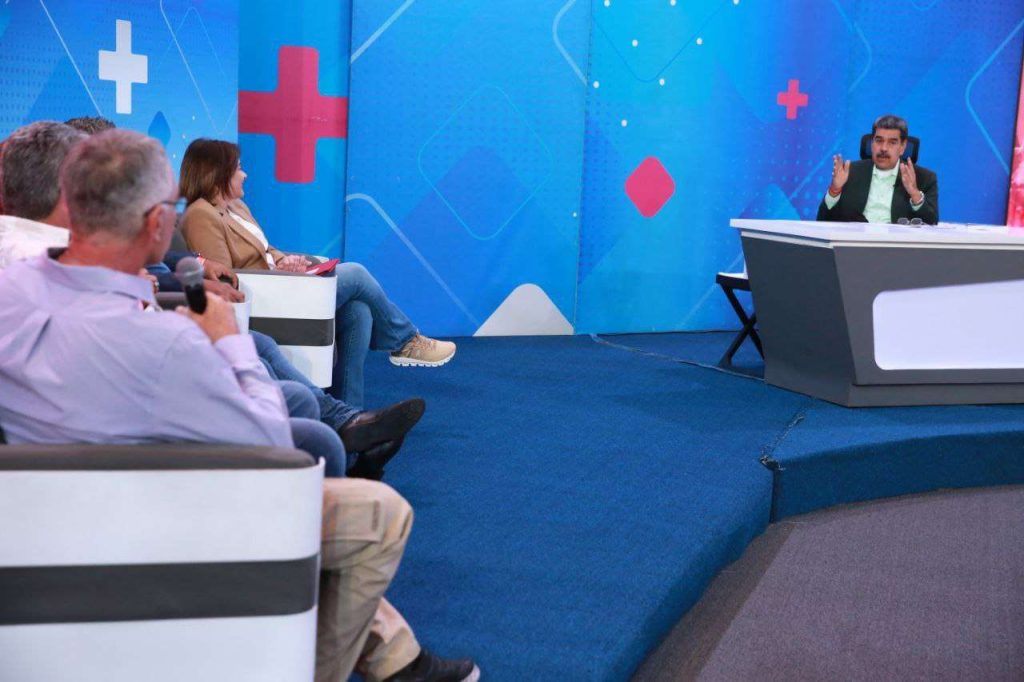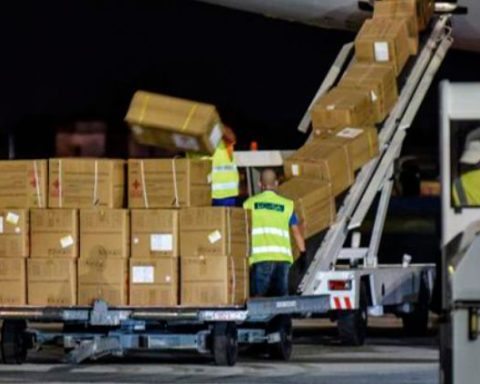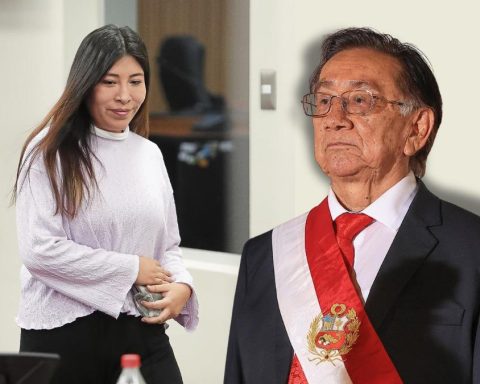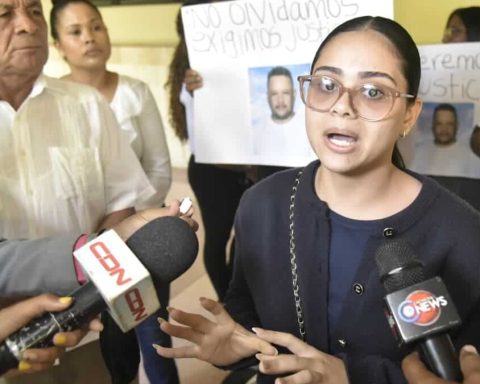October 29, 2024, 5:00 AM
October 29, 2024, 5:00 AM
The Police were expelled yesterday afternoon from the town of Mairana in the Santa Cruz Valleys by a group of residents who identified themselves as followers of former president Evo Morales. Nearly a hundred people, who were identified with that political faction, surrounded the police officers, trying to evict them from the area in retaliation for the unlocking that they carried out that morning in the route that links the department with Chusquisaca and Cochabamba, the region most affected by the blockades.
The protesters set up a blockade on the route to the Santa Cruz Valleys. However, The pressure measure lasted only a few hours, since the Police proceeded to unlock the blockade.. In retaliation for this police action, a group of people arrived at the police station in Mairana around 4:00 p.m. to force the 30 officers who were there to leave.
There were some confrontations between the uniformed officers and the protesters who, according to local residents, reached the police station with every intention of removing them at any cost.
In a matter of minutes, the police had to abandon the module and retreat to Samaipata, where the rest of their comrades were located who were deployed to keep that route expeditious and which was used as an alternative route to allow llSend the tankers with fuel to the capital cities of the country, but especially to Santa Cruz de la Sierra.
The unblocking operation included the use of chemical agents to clear the road and allow traffic towards Santa Cruz. “We are here to guarantee the passage and protect the physical integrity of travelers and transporters,” declared Captain Luis Alberto Solares, commander of the Police in the province of Florida. The officer indicated that, despite attempts to approach him, The protesters responded by throwing stones and firecrackers from the mountains, preventing any dialogue.
The blockade on the section between Mairana and Samaipata caused a long line of vehicles on the route, affecting both transporters and passengers, and generating concern in the local productive sectors. During the intervention, the Police were forced to clear stones and debris that were obstructing the road, thus allowing trucks to pass. and fleets that had been stranded for hours on the road that is currently the only one that connects to Santa Cruz.
“This type of blockade seriously affects the economy of the Santa Cruz Valleys,” said a local producer, who rejected the pressure measure promoted by the followers of former President Evo.
This protest was part of a series of blockades that have reached 22 points in the country, mainly in Cochabamba, Oruro, Potosí and Santa Cruz. Sectors related to Morales also demand the resignation of President Luis Arce and the dismissal of the Ministers of Defense and Governmentwho are accused of an alleged attack against the former president, an incident that the Command in Chief of the Armed Forces has denied in writing.
On Friday the Evistas clashed with the Police during an “unblocking” operation. That day they threw dynamite at the agents. The explosives injured a police officer in the leg, who had to undergo surgery to have his limb reconstructed.
After the scuffle, the protesters returned to the road and intensified the blocking points, causing the police operation to fail. Yesterday, the Evistas took the town of Vinto, a point that had been unblocked on Friday with military support. In Cochabamba, the lack of inputs reached a critical point yesterday because the markets did not see beef and the poultry sector is on the verge of collapse due to the inability to connect with Santa Cruz suppliers.
In the case of food, the situation varies by city, while in La Paz, chicken is scarce because it cannot be transported and the price of what is available rises, while in Santa Cruz, a region of great agricultural production, chicken cannot be transported. go out and there is an oversupply.
In La Paz, yesterday there was an unblocking on the route to Oruro, while a judge from Quillacollo, in Cochabamba, released about 40 blockaders, but sent nine people to prison.
Rejection
The National Council of Autonomies (CNA) resolved this Monday to reject the road blockades of “evident” social sectors in different parts of the country, and described it as a “criminal attack” on the country’s economy.
Losses
The former president of the Federation of Private Entrepreneurs of Cochabamba, Luis Laredo, reported that many companies have paralyzed their activities due to the Evista blockade. The most affected sector is the poultry sector, which will have to sacrifice 9 million birds.
